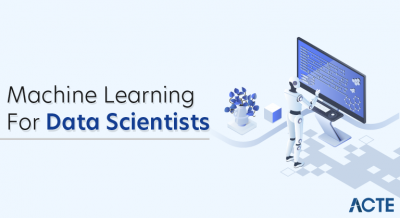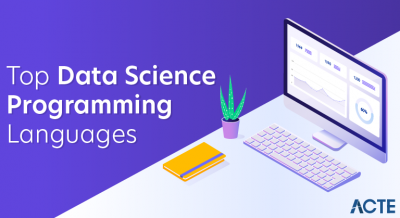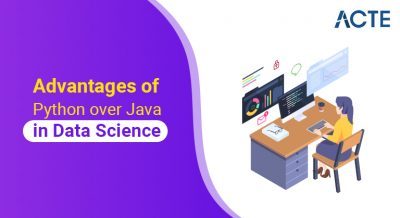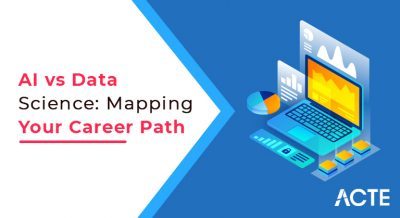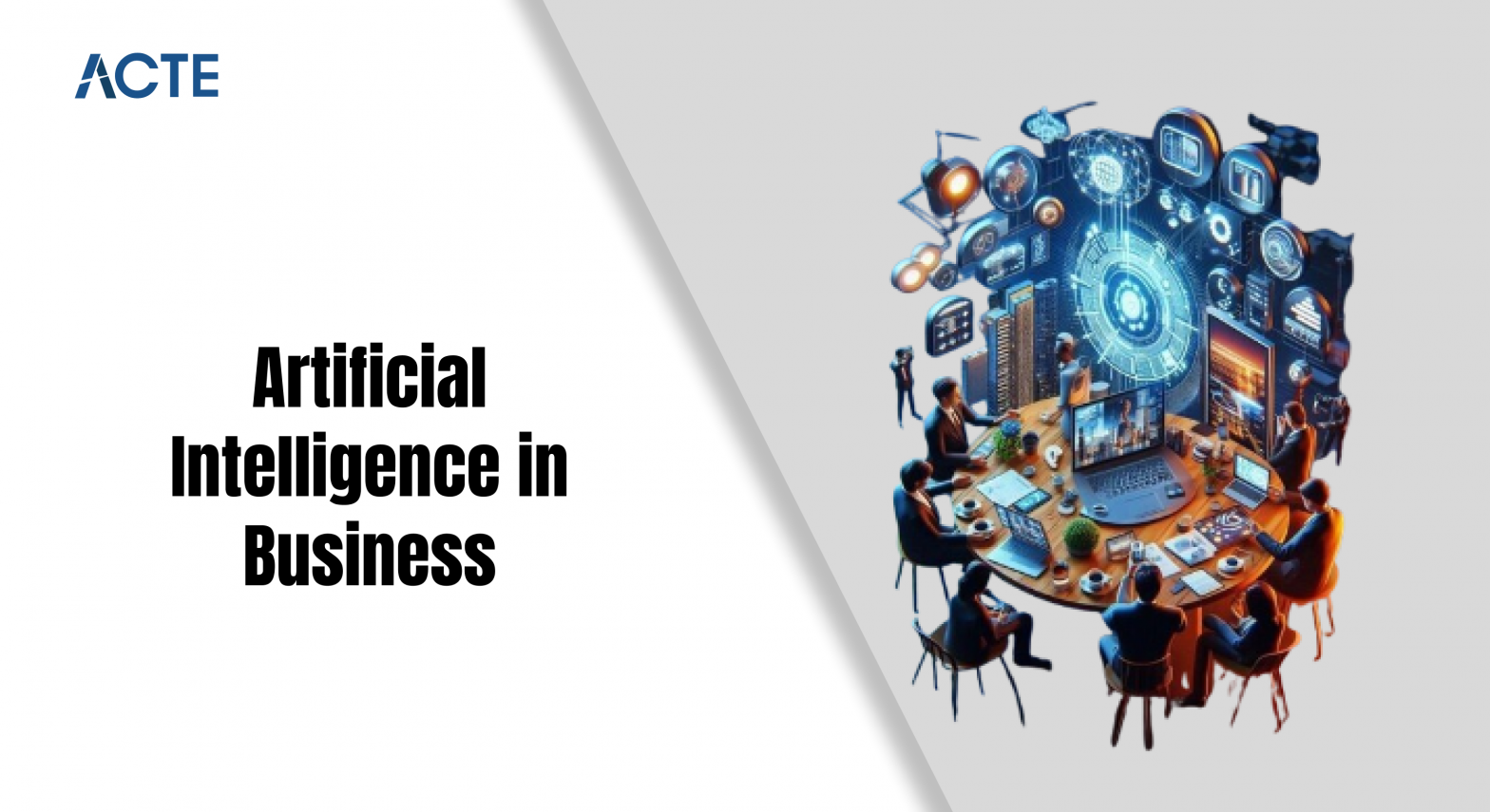
- Introduction
- Applications of AI in Business
- Benefits of AI in Business
- Challenges of AI in Business
- AI Tools and Technologies in Business
- Case Studies of AI Implementation in Business
- Future of AI in Business
- Conclusion
Introduction
Artificial Intelligence (AI) is revolutionizing the way businesses operate across various industries. By automating repetitive tasks, enabling data-driven decision-making, and fostering innovation, AI has become a critical driver of digital transformation. Technologies like machine learning, natural language processing, robotics, and computer vision are helping companies streamline operations, improve productivity, and enhance customer satisfaction. AI applications in business range from chatbots and virtual assistants in customer service to predictive analytics in supply chain management and fraud detection in finance. In marketing, AI personalizes customer experiences through data analysis, while in manufacturing, it optimizes production lines using intelligent automation and real-time monitoring both areas benefiting significantly from Data Science Training. The benefits of adopting AI in business include increased operational efficiency, reduced costs, faster decision-making, and improved accuracy. AI also enables businesses to identify new market trends, enhance product development, and offer tailored services to consumers. However, the integration of AI comes with challenges such as high implementation costs, data privacy concerns, and the need for skilled talent. As AI technologies continue to advance, businesses that strategically implement AI solutions are likely to gain a competitive edge. This document explores the key applications, advantages, challenges, and future potential of AI in shaping the business landscape.
Are You Interested in Learning More About Data Science? Sign Up For Our Data Science Course Training Today!
Applications of AI in Business
Artificial Intelligence (AI) has found diverse applications across business functions, revolutionizing how organizations operate and make decisions. One of the most widespread uses is in customer service, where AI-powered chatbots and virtual assistants handle queries, provide recommendations, and offer 24/7 support. In marketing, AI helps analyze consumer behavior, personalize content, and optimize campaigns through predictive analytics, often utilizing techniques such as parsing—raising the question, What is Parsing in NLP? Finance departments leverage AI for fraud detection, credit scoring, algorithmic trading, and automating repetitive tasks like invoice processing. In supply chain and logistics, AI enhances demand forecasting, route optimization, and inventory management, leading to reduced costs and improved delivery times. Human Resources use AI for talent acquisition, resume screening, employee engagement analysis, and workforce planning.
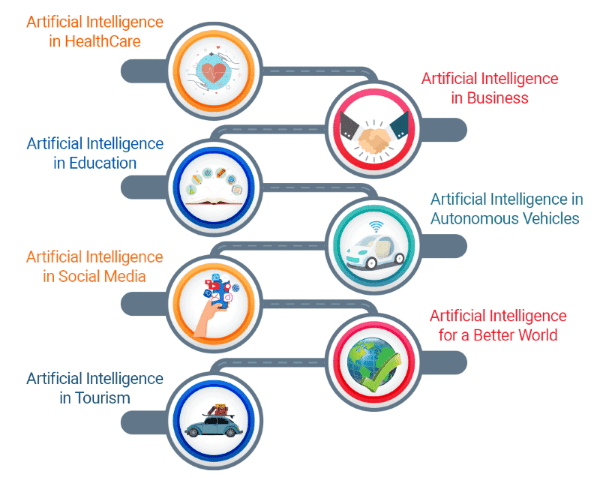
In manufacturing, AI is applied in predictive maintenance, quality control, and automation of production lines through intelligent robotics. Retail businesses use AI to manage pricing strategies, stock levels, and customer preferences to boost sales. Additionally, AI is increasingly being used in healthcare, legal, and real estate sectors for decision support, document analysis, and risk assessment. As adoption increases, AI continues to redefine the scope and efficiency of modern business practices.
Benefits of AI in Business
- Increased Efficiency: AI automates repetitive and time-consuming tasks such as data entry, scheduling, and reporting, allowing employees to focus on more strategic activities and improving overall productivity.
- Cost Reduction: By streamlining operations and reducing the need for manual labor, AI helps businesses lower operational costs, minimize errors, and enhance resource allocation.
- Data-Driven Decision-Making: AI systems can process vast amounts of data quickly, uncovering patterns and trends that support smarter, evidence-based business decisions.
- Enhanced Customer Experience: AI-powered chatbots, virtual assistants, and personalized product recommendations improve customer service and engagement, leading to higher satisfaction and retention, all of which can be measured and enhanced through Website Analytics.
- Improved Security and Fraud Detection: AI algorithms can monitor network activity in real time, detect unusual behavior, and flag potential threats, helping businesses prevent cyberattacks and financial fraud.
- Innovation and Product Development: AI supports faster research and development by analyzing market trends, user feedback, and performance data, aiding in the creation of innovative products and services.
- Scalability and Flexibility: AI solutions can easily scale with business growth, enabling companies to expand services, manage increased workloads, and adapt to changing market demands efficiently.
- High Implementation Costs: Developing and integrating AI solutions often require substantial investment in technology, infrastructure, and skilled personnel, making it a barrier for small and mid-sized businesses.
- Data Privacy and Security: AI systems rely on large data volumes, raising privacy concerns prompting questions like What are the Functions of Statistics in ensuring data integrity and compliance.
- Lack of Skilled Talent: There is a significant shortage of professionals with expertise in AI, machine learning, and data science, limiting the ability of businesses to deploy and maintain AI systems effectively.
- Integration with Existing Systems: Incorporating AI into legacy systems and workflows can be complex, time-consuming, and costly, often requiring major structural or technological adjustments.
- Ethical and Bias Issues: AI algorithms may unintentionally reinforce existing biases in data, leading to unfair or discriminatory outcomes, especially in areas like hiring, lending, or law enforcement.
- Regulatory and Compliance Challenges: As AI technologies evolve, businesses must navigate uncertain regulatory landscapes, staying compliant with evolving laws and ethical standards.
- Dependence on Data Quality: AI’s effectiveness heavily relies on the quality and accuracy of input data; poor or incomplete data can lead to flawed predictions and decisions.
- Unilever – Talent Acquisition: Unilever uses AI in recruitment by analyzing video interviews and behavioral data, enabling faster and more accurate hiring decisions.
- Amazon – Personalized Recommendations: Amazon uses AI algorithms to analyze customer browsing and purchasing behavior, offering personalized product recommendations that significantly boost sales and customer engagement.
- Netflix – Content Recommendations: Netflix leverages machine learning to analyze user preferences and viewing history, recommending tailored content that enhances user experience and increases watch time an approach that can be better understood by Mastering Python.
- Tesla – Autonomous Driving: Tesla’s AI-powered Autopilot system uses computer vision and neural networks to enable semi-autonomous driving, continuously improving through real-time data from millions of vehicles.
- HDFC Bank – AI Chatbot ‘Eva’: HDFC Bank implemented the AI chatbot Eva to answer customer queries. It handles thousands of queries daily, improving response time and reducing pressure on human agents.
- Google – Predictive Search and Ads: Google employs AI to power predictive search, optimize ad targeting, and improve user experience across its platforms through real-time data analysis.
- Siemens – Predictive Maintenance: Siemens applies AI in manufacturing to predict equipment failures, reducing downtime and maintenance costs through real-time data monitoring and analysis.
To Explore Data Science in Depth, Check Out Our Comprehensive Data Science Course Training To Gain Insights From Our Experts!
Challenges of AI in Business
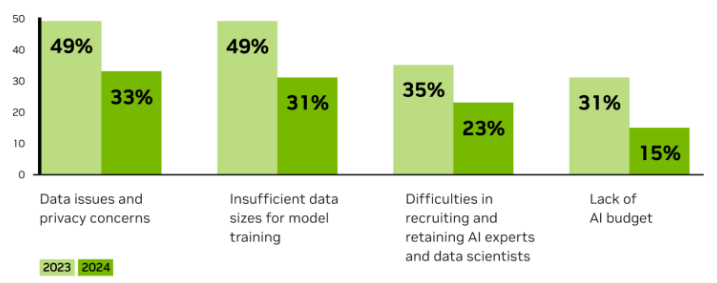
AI Tools and Technologies in Business
AI tools and technologies are playing a pivotal role in transforming business operations, enabling organizations to automate processes, analyze data, and make smarter decisions. A wide range of AI-powered platforms and software are now used across industries to enhance productivity and innovation. Tools such as machine learning algorithms, natural language processing (NLP), and computer vision allow businesses to extract insights from vast datasets, automate customer interactions, and even monitor visual data in real-time. Popular AI platforms like IBM Watson, Google Cloud AI, Microsoft Azure AI, and Amazon Web Services (AWS) AI offer scalable solutions for machine learning, predictive analytics, speech recognition, and more. These platforms help businesses build customized AI applications tailored to their specific needs, often requiring foundational Data Science Training. Customer Relationship Management (CRM) systems such as Salesforce use AI to forecast sales trends and personalize customer engagement, while business intelligence tools like Tableau and Power BI integrate AI to enhance data visualization and reporting. In manufacturing and logistics, AI technologies like robotic process automation (RPA) and intelligent sensors optimize operations and minimize downtime. As AI tools become more accessible and sophisticated, businesses of all sizes can leverage these technologies to innovate, stay competitive, and improve overall performance in an increasingly digital marketplace.
Are You Considering Pursuing a Master’s Degree in Data Science? Enroll in the Data Science Masters Course Today!
Case Studies of AI Implementation in Business
Future of AI in Business
As Artificial Intelligence (AI) continues to evolve, businesses are poised to adopt increasingly intelligent and adaptive solutions that will redefine how they operate and compete. Emerging technologies such as AI-driven automation, generative AI, and advanced decision-support systems are expected to play a central role in transforming core business functions. These innovations will enable organizations to make faster, more accurate decisions, reduce human error, and enhance overall efficiency. Generative AI, in particular, is gaining traction for its ability to create content, design products, and generate code offering powerful tools for creativity and productivity. Meanwhile, AI-driven automation is streamlining workflows in customer service, finance, manufacturing, and logistics, freeing up human resources for more strategic tasks a concept explored in the Beginner’s Guide to State Space Search in AI. The future of AI in business also lies in its integration with other emerging technologies. The convergence of AI with the Internet of Things (IoT) will allow for intelligent, connected systems that respond in real time. Combining AI with blockchain can improve transparency and trust in data, while cloud computing ensures scalable, on-demand access to AI tools. Businesses that invest in these synergistic technologies and adopt AI strategically will drive innovation, gain a competitive edge, and achieve sustainable growth in the digital age.
Are You Preparing for Data Science Jobs? Check Out ACTE’s Data Science Interview Questions & Answer to Boost Your Preparation!
Conclusion
Artificial Intelligence (AI) is revolutionizing the modern business landscape, offering a wide range of benefits and opportunities across industries. By automating routine tasks, analyzing large volumes of data, and supporting strategic decision-making, AI is helping organizations operate more efficiently and effectively. From enhancing customer service with chatbots to optimizing supply chains through predictive analytics, AI-driven solutions are transforming core business functions. One of the key advantages of AI in business is its ability to significantly reduce operational costs while improving productivity and accuracy. In areas such as finance, marketing, manufacturing, and human resources, AI is enabling faster, data-driven decisions that drive growth and innovation, supported by robust Data Science Training. Businesses can personalize customer experiences, forecast demand more accurately, and respond quickly to market changes. However, the adoption of AI also comes with challenges. High implementation costs, data privacy concerns, and ethical considerations such as algorithmic bias can hinder its full potential. Despite these hurdles, the future of AI in business remains highly promising. Organizations that proactively invest in AI technologies, workforce upskilling, and responsible AI practices will be better positioned to thrive, gain a competitive edge, and lead the way in the rapidly evolving digital economy.


